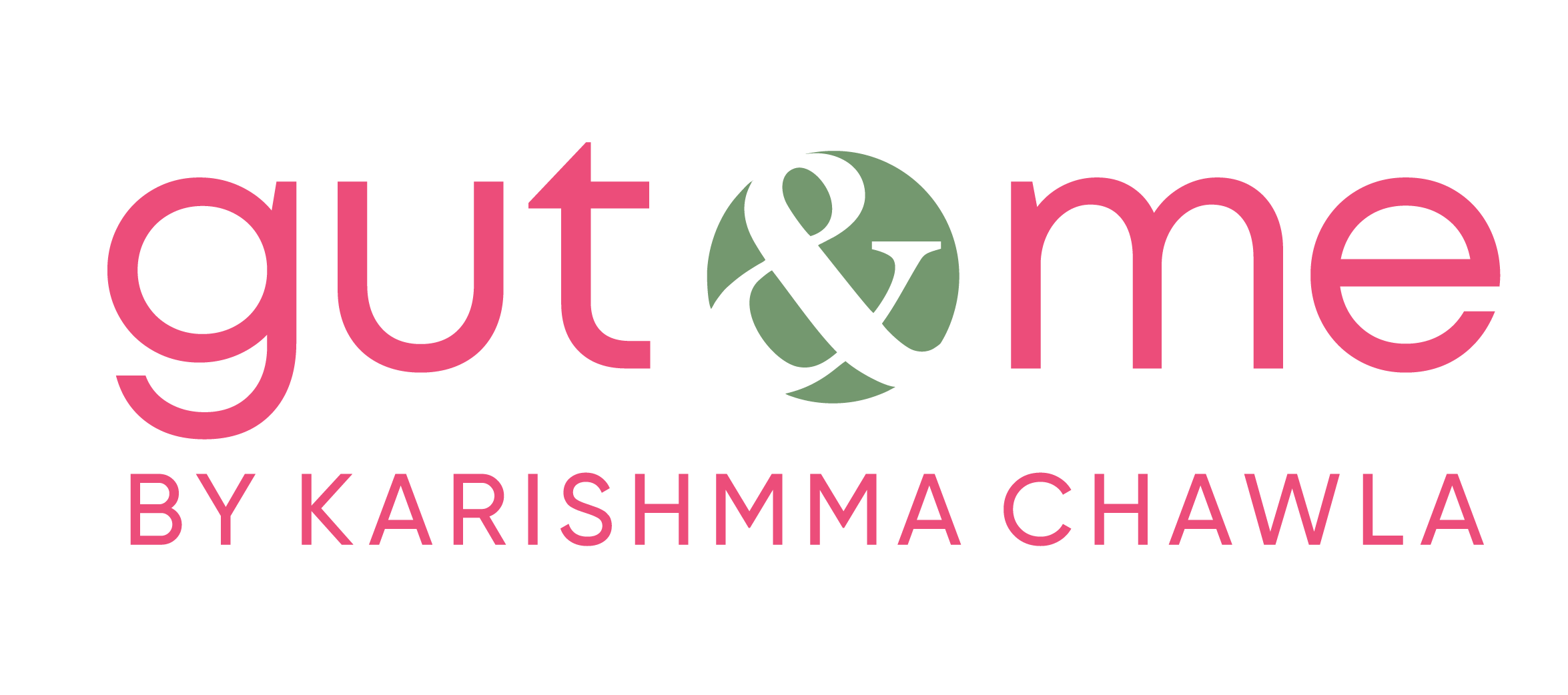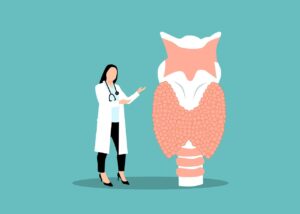PCOS (Poly Cystic Ovary Syndrome) or you can also say ‘Threat of today’s world’ for women in their reproductive age. Oops, I have PCOS, can I ever get pregnant?? What exactly is it? As the name suggests, Poly-Cystic Ovary syndrome (PCOS) refers to the formation of many “poly” cysts in the ovaries along with imbalances in sex hormone levels, irregularities in the menstrual cycle, and problems in ovulation (egg release) and conceiving (getting pregnant).
The hormone imbalances in PCOS further lead to a high risk of various health conditions as secondary complications. I would like to emphasize that PCOS explains and encompasses all the symptoms as conditions rather than the old school that explains this as PCOD- Poly cystic ovary Disease.
In other words, earlier termed Poly Cystic ovary Disease (PCOD) is now called a SYNDROME due to the wide range of hormonal changes and secondary complications which could differ greatly for every individual case. A woman is said to have PCOS if she has two or more of the following conditions:
- Multiple cysts developed in one or both ovaries along with enlarged ovaries
- Irregular menstrual cycles longer than 35 days or prolonged periods that may be scant or heavy
- Irregular ovulation (or no ovulation) where ovaries are unable to release eggs every monthly cycle
- High levels of androgens for eg, male hormones such as Testosterone, Androstenedione, and DHEA.
Women with PCOS also suffer from?
Women of reproductive age suffering from PCOS undergo hormonal imbalances in which progesterone, insulin, and testosterone are produced in excess. PCOS exhibits a variety of characteristics as well as heterogeneity of symptoms, including acne, hirsutism, androgenic alopecia, irregular menstruation, infertility, obesity, and mood disorders like despair and anxiety.
Women with PCOS do not just have mood swings it’s a lot like a roller coaster ride of emotions and mental and physical changes. PCOS itself comes with a whole lot of other problems or you can say it starts with a problem like if anyone isn’t following a healthy lifestyle or avoiding the signs of their body such as insulin resistance, hypothyroid, excessive inflammation in the body, irregular menses, sudden acne flares on the face, pigmentation of underarms or elbow, or major hair fall.
In addition to all the indications and PCOS symptoms, women with PCOS have additional challenges because of the hormones that are now dancing in their bodies regardless of when they work. The final straw is the unnoticed hair loss which is however linked with the major signs of PCOS. Let’s jump in the pool of PCOS and the link between the hair fall it triggers!
How does PCOS affect hair?
Daily hair loss might increase as a result of PCOS hair loss. Hair tends to accumulate on the pillowcase during night, and there can be more hair than usual on clothing or furnishings. In the shower, hair may also come out in clumps. Deja vu?? Patients with PCOS have been found to have a higher incidence and correlation with female pattern hair loss (FPHL).
Despite the fact that FPHL is linked to hyperandrogenism, the study is still in progress. In women, androgen excess usually manifests clinically as androgenic alopecia, acne, or hirsutism. Up to 50% of female may be affected by this illness, which is defined by a progressive loss of scalp terminal hair at any point after puberty.
The normal hair development cycle’s anagen, or growth phase, is shortened by androgen receptor activation. In androgenetic alopecia, this gradual shortening of the anagen phase triggers follicular shrinkage. As a result, hair follicles become shorter and thinner and may not even be able to break through the epidermal layer. This is the root cause of hair loss in PCOS women.
Here are some characteristics of hair fall:
- The frontal and parietal (side) regions of the scalp are where hair falls out the most.
- The separating area’s hair gets significantly thinner.
- Retraction of the hairline above the temples starts.
How one can reduce the PCOS hair fall?
Hair loss is one of the most upsetting signs of PCOS and can be physically and emotionally draining. We will discuss the treatment choices for PCOS-related hair loss ahead. We will also look at some at-home cures for PCOS-related hair loss.
Lifestyle Changes: Nutrition, stress management, regular exercise, and general well-being can all have a favorable effect on hormonal balance and hair health.
Medication: Depending on the specific hormonal issue that has been diagnosed, a prescription for medication such as thyroid hormone regulators, anti-androgens, or hormone replacements may be given.
Home remedies: Oiling your hair twice a week massaging is generous, use curry leaves and coconut oil(warm) mix oil, this oil can be made at home.
Ask the experts: Seeking help from experts will always be the priority, once we know the root cause of the problem then we can work on it more efficiently.
So here we can conclude that the tremendous hair fall that you experience when you have PCOS is due to an extreme imbalance of hormones in the body and high levels of androgen lead to the pattern baldness in some women too. The only solution to this is to prevent PCOS in the early stage maintain the disorder and balance your internally messed up hormones with the help of proper nutrition and a healthy lifestyle.
Looking to manage PCOS and reduce hair loss effectively? Click here for customized guidance from Karishmma Chawla and take the first step towards hormonal balance and healthier hair.





